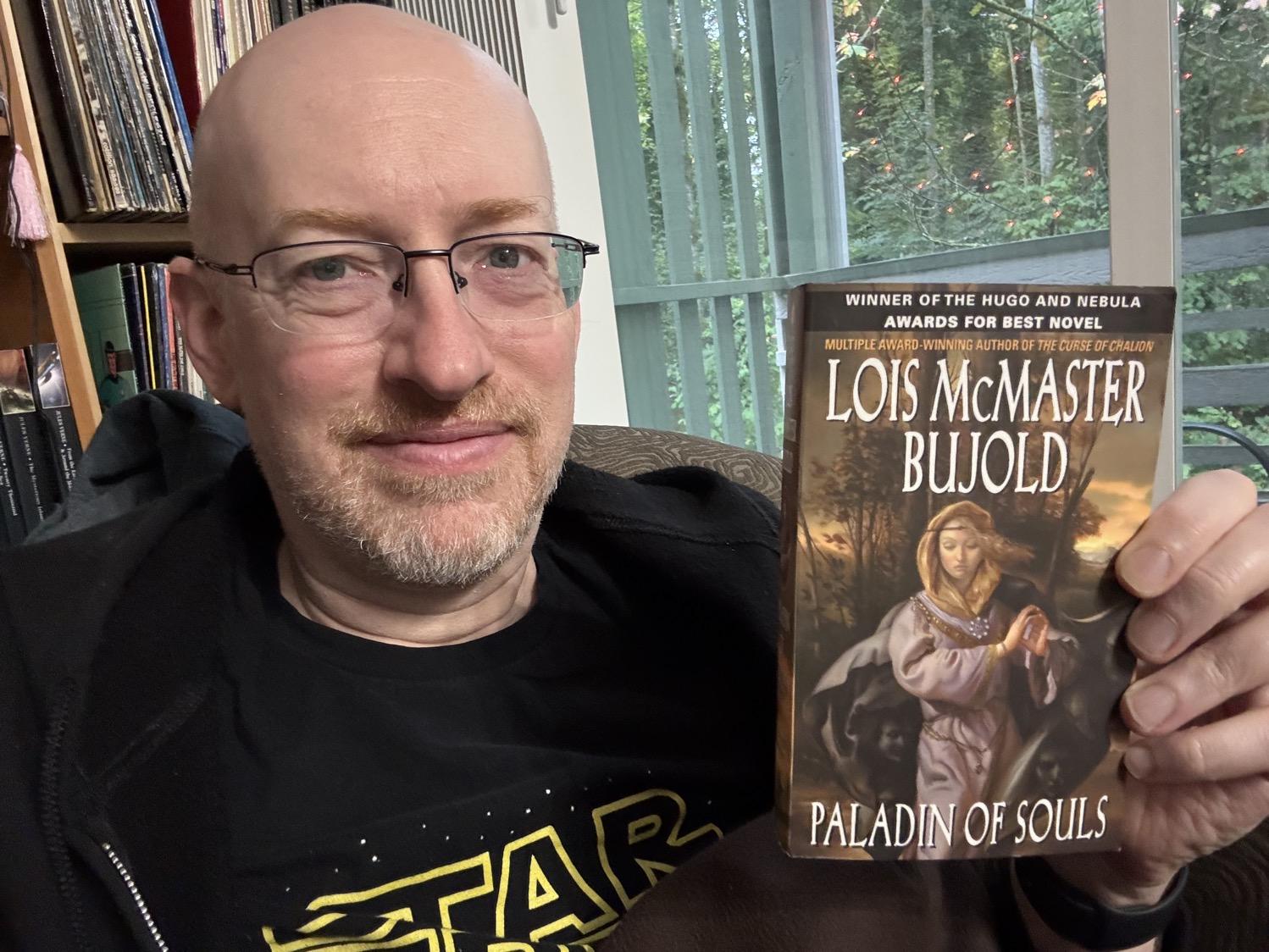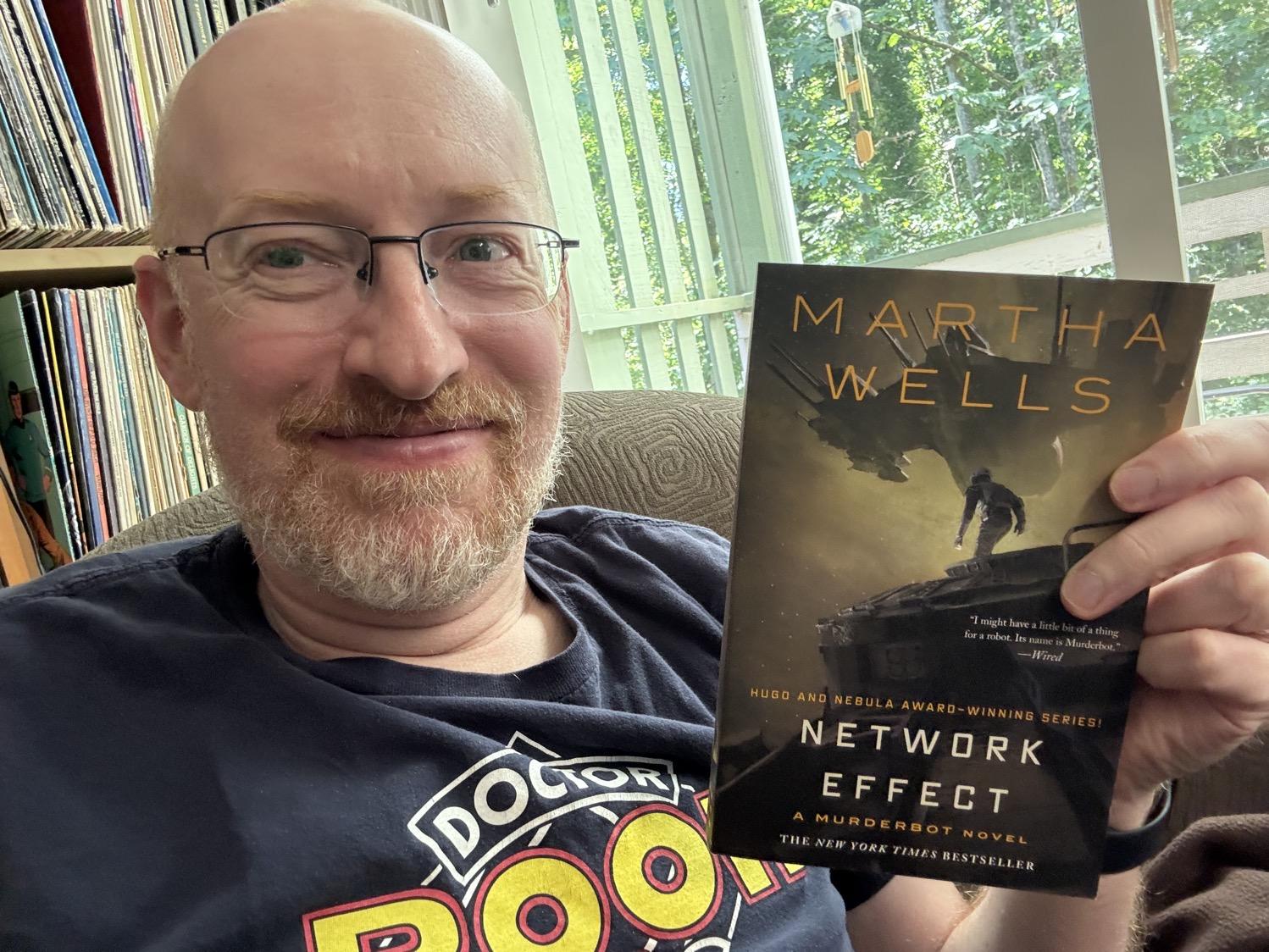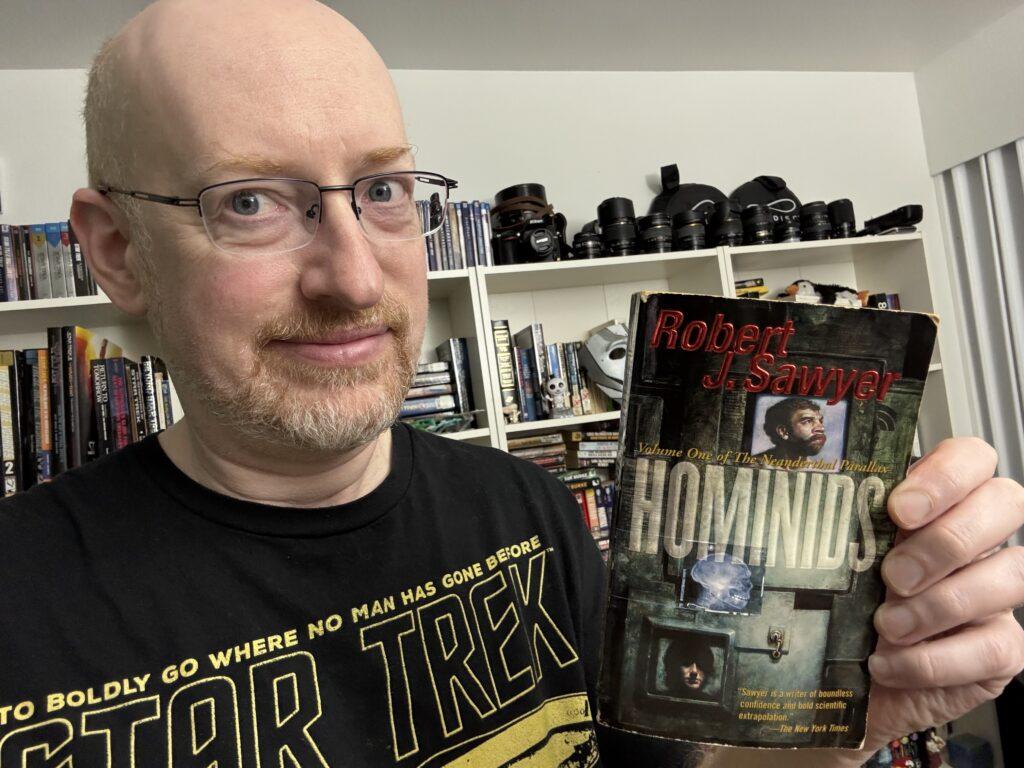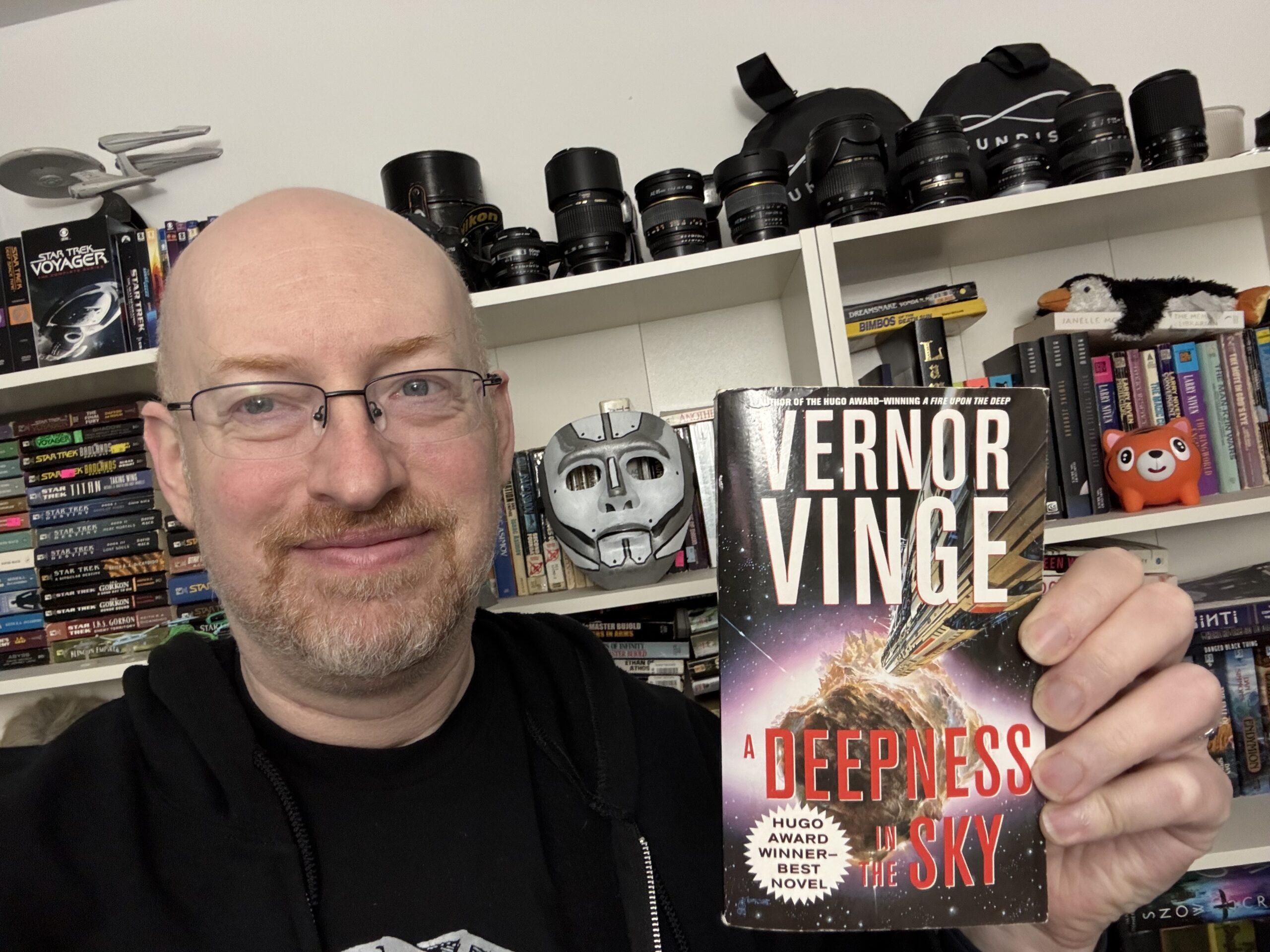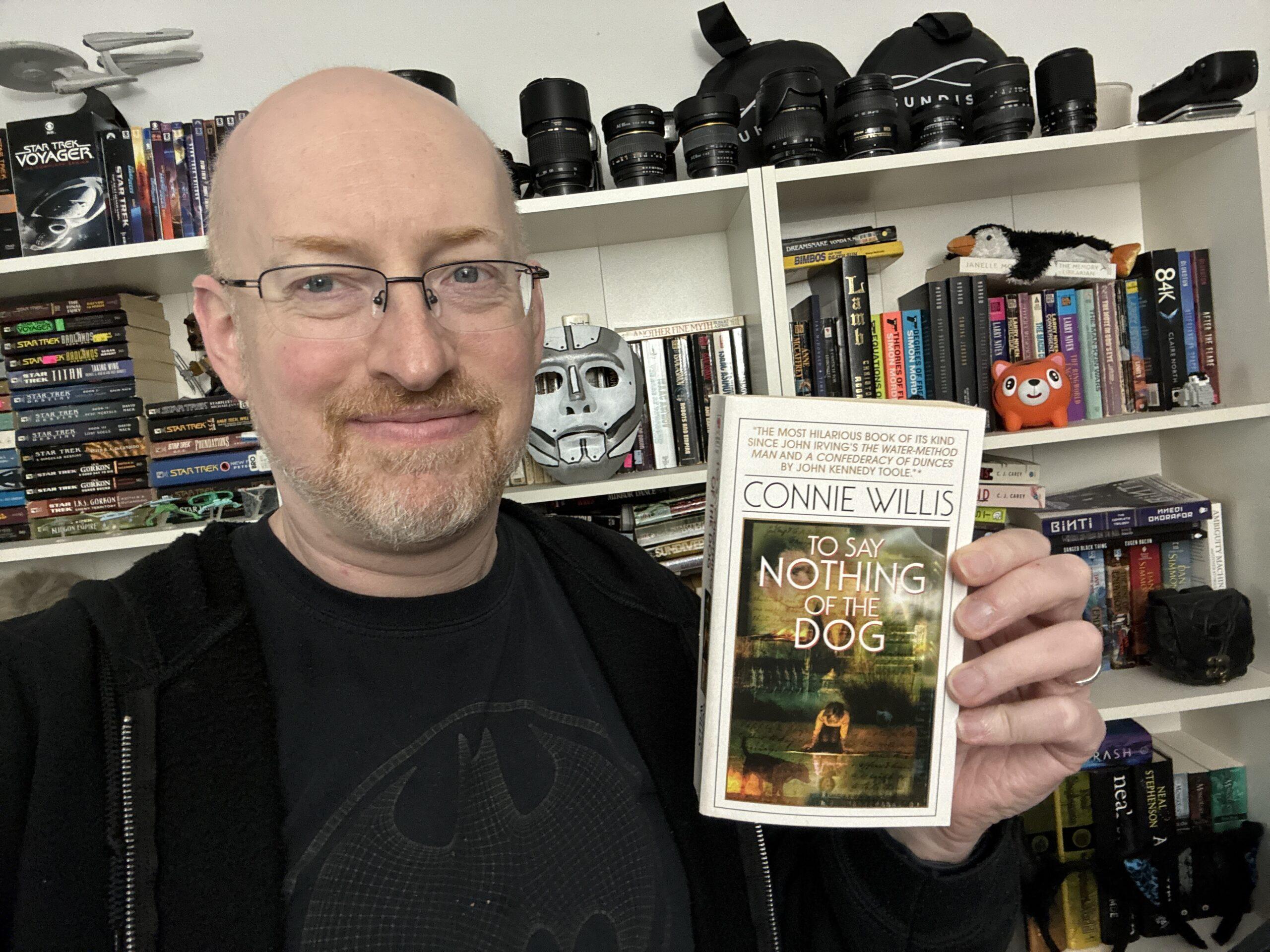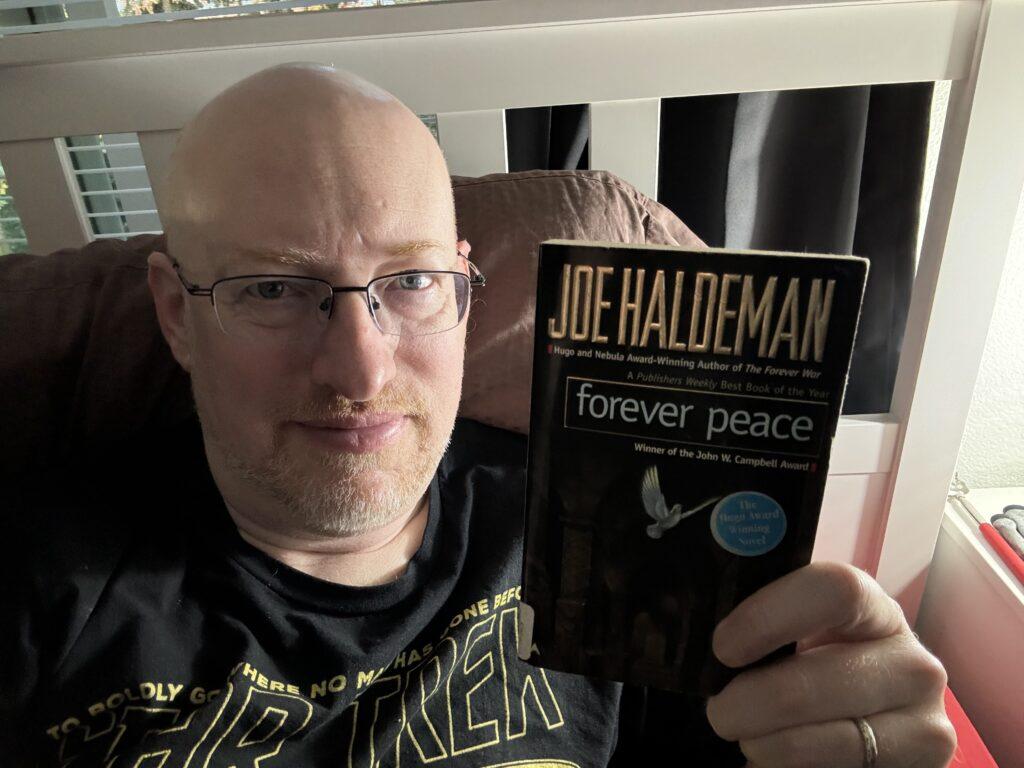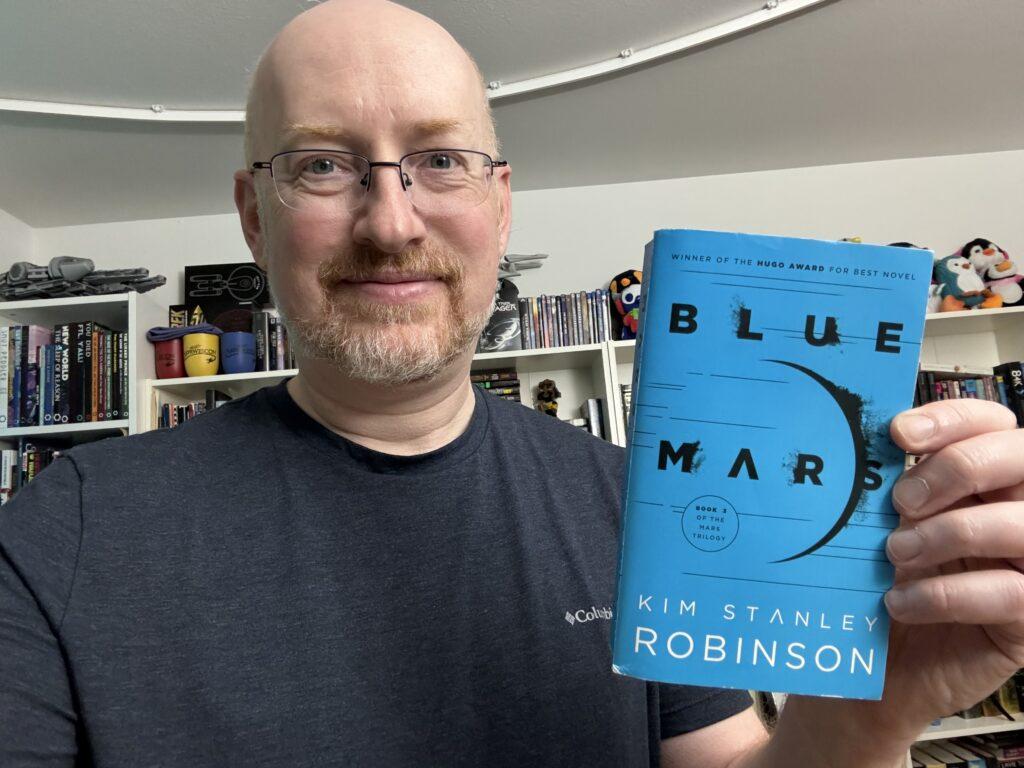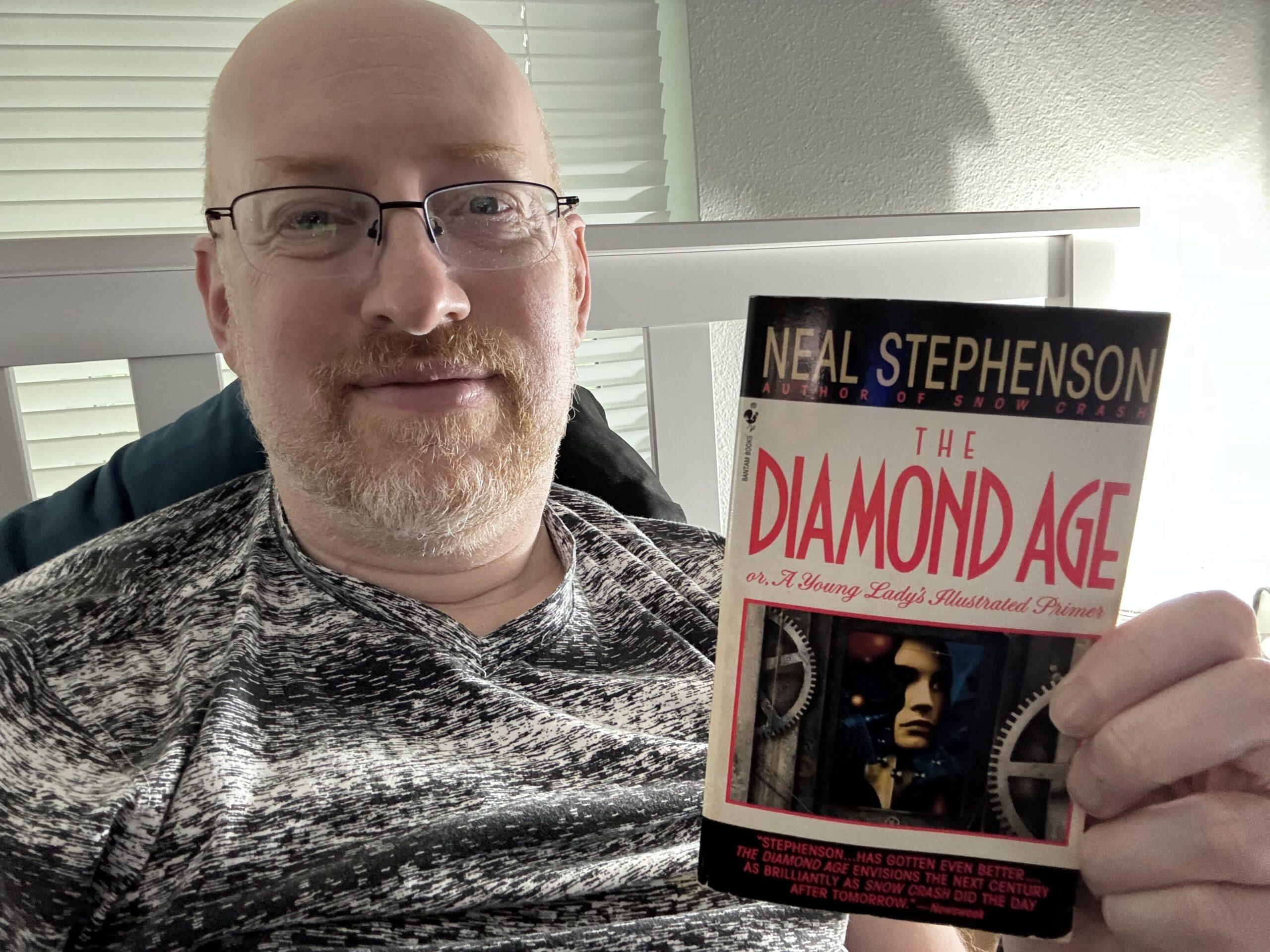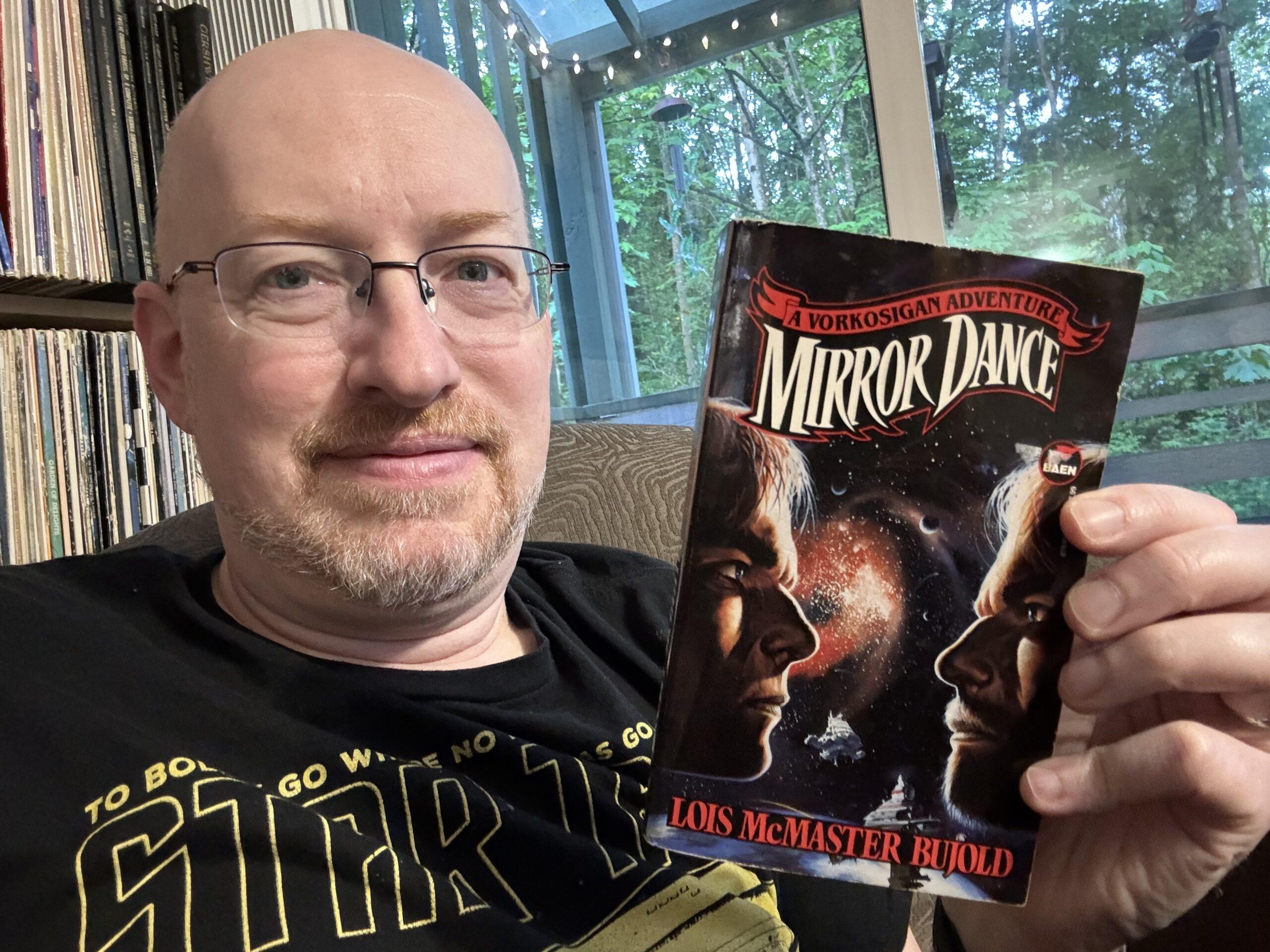Book 58 of 2025: ⭐️ 2005 Hugo Best Novel
Whether it’s because I’m not enough of a fantasy fan, or not English enough, or some other thing, this was not my thing. It took me over a month to get through it, sometimes because I couldn’t get through more than 15 pages without getting bored, and sometimes because I just couldn’t convince myself to pick it up. And after finally slogging through all 782 pages, it had an unsatisfying end; not so much finishing as just kind of petering out and stopping. Enough other people liked it for it to have won a Hugo, but for me, this was the most difficult of the Hugo Best Novel winners to get through since John Brunner’s Stand on Zanzibar.


